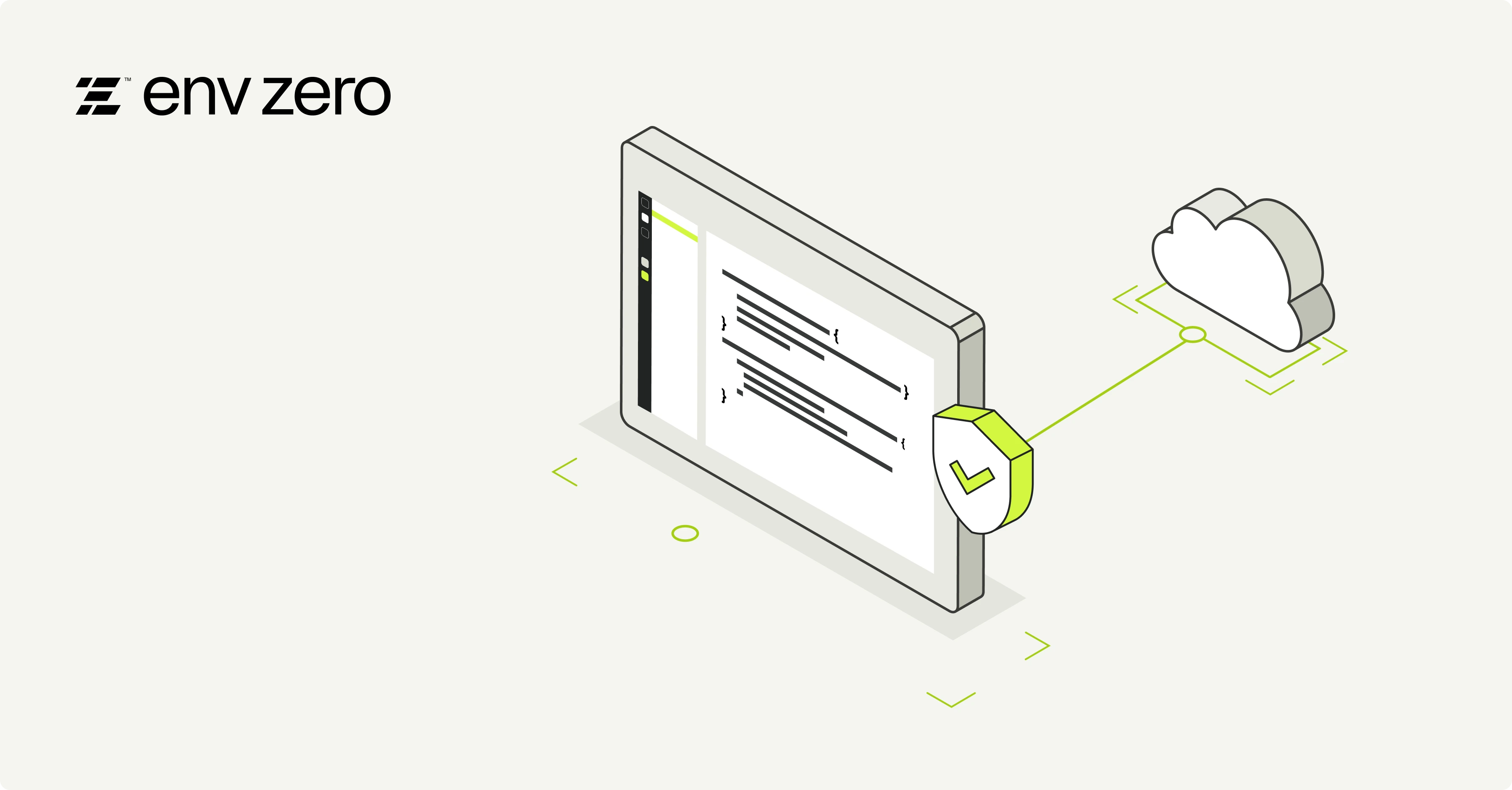

In mid-August, together with several other core team members, we launched the OpenTF initiative, to ensure Terraform’s open-source future following HashiCorp’s license changes.
The community response was humbling. As of today (September 6th), the manifesto of the project received over 33.5k GitHub stars and pledges from 150 companies and 680 individuals.

Beyond that, OpenTF became a focal point for numerous conversations about open-source, innovation, software monetization, and everything in between.
If you missed out on some of these, here is my selection of links to get you up to speed:
- HashiCorp adopts Business Source License (Hacker News, August 10th)
- ex-Terraform product lead shares his thoughts (Hacker News, August 10th)
- The future of Terraform must be open (Gruntwork, August 15th)
- HashiCorp Licensing Firestorm Fuels Open Source Debate (Forbes, August 17th)
- OpenTF announces fork of Terraform (Hacker News, August 10th)
- Kelsey Hightower chimes in (Twitter/X, August 25th)
- [video] The ruthless forking of Terraform (Fireship, August 28th)
Delivered as Promised

The latest milestone in the OpenTF journey happened yesterday, with the release of OpenTF’s public repository. As promised, this happened 10 days after our initial fork announcement.
Within the first 12 hours, the repo already reached over 2,700 stars and - once more - made a series of splashes on social channels.

That conversation is still going, and it includes some (very welcome) feedback, which marked our first opportunity for true two-way community interaction.
Also, on what-used-to-be-Twitter, Fireship chimed in again to provide his warning:

So yeah, you should definitely avoid doing that. 😉
Start Contributing
With the public repo open you can now join our journey and impact its direction by directly contributing to the OpenTF project.
The easiest way to do that is by opening an issue. Feature requests, bugs, improvements, old issue reposts… Every idea, comment, or feedback is welcome.
For major changes/upgrades, we would ask you to provide an RFC. To open an RFC go to Issues, select Submit New Issue, and choose the Submit RFC option, which will ask you to fill this template.

All RFCs, including the ones prepared by the core team, will go through the public RFC process to facilitate open and transparent discussion and decision-making. You can also always check on all open RFCs using the ’by label’ filter:

Please note that all code changes should be related to an issue, to which you've been assigned.
If an issue with the change you're adding already exists, please communicate that you are taking ownership of it. If it doesn’t, please create one and express your interest in working on it, and discuss it first, prior to working on the code.
Also note that signing your commits ensures you are accepting the Developer Certificate of Origin (DCO), which is required for making code contributions to OpenTF.
For more detailed information, you can check out our guidelines for contributing to OpenTF.
Join The Conversation
The last thing I wanted to mention was our brand new OpenTF Community Slack channel. We opened it just yesterday and I’m excited to share that we already have over 190 members.
.avif)
It’s amazing and rewarding to have this direct line to the community. For me, this is what OpenTF is all about - openness, transparency, and collaboration for a common cause.
If you are passionate about OpenTF or open-source in general, the OpenTF community is the right place to be, at the right time.

.webp)




.avif)